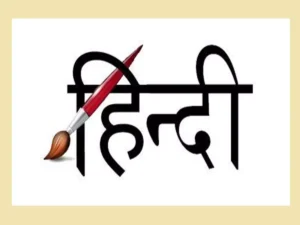
The Supreme Court of India is poised to make a historic ruling today regarding the legality and validity of electoral bonds. This decision holds immense significance for the country’s political landscape, as electoral bonds have been a subject of contentious debate since their inception.
Electoral bonds were introduced in 2018 by the Government of India as a means to bring transparency to political funding while also protecting the anonymity of donors. These bonds are essentially a monetary instrument that individuals and corporations can purchase from authorized banks and then donate to political parties of their choice. The anonymity feature was purportedly aimed at safeguarding donors from potential repercussions for supporting specific political entities.
However, since their introduction, electoral bonds have been under scrutiny from various quarters, including opposition parties, activists, and civil society organizations. Critics argue that the anonymity provision undermines transparency in political funding, as it allows for the flow of undisclosed funds into the electoral process. They contend that this lack of transparency poses a threat to the democratic principles of accountability and fair representation.
Furthermore, concerns have been raised about the potential for electoral bonds to be used as a means for vested interests to influence political parties and government policies. The lack of disclosure requirements regarding the identity of donors has fueled suspicions of quid pro quo arrangements between donors and political beneficiaries.
Opponents of electoral bonds have also pointed out the disproportionate advantage they may confer upon wealthier donors and larger corporations, who could potentially wield significant influence over political decision-making through their financial contributions.
In light of these concerns, several petitions were filed before the Supreme Court challenging the constitutional validity of electoral bonds. The petitioners argued that electoral bonds violate the principles of transparency, equality, and free and fair elections enshrined in the Indian Constitution.
The Supreme Court’s impending verdict on the validity of electoral bonds has been eagerly awaited by politicians, activists, and citizens alike. The decision will not only determine the future of electoral financing in India but also have far-reaching implications for the country’s democratic institutions and processes.
If the Supreme Court upholds the validity of electoral bonds, it could bolster the government’s stance on the issue and reaffirm its commitment to electoral reforms aimed at enhancing transparency and accountability in political funding. On the other hand, a ruling against the validity of electoral bonds would be a significant setback for the government and could necessitate a reevaluation of existing policies and regulations governing political finance.
Regardless of the outcome, the Supreme Court’s verdict is likely to spark widespread discussion and debate on the state of democracy and governance in India. It will also serve as a litmus test for the judiciary’s role in safeguarding the fundamental principles of democracy and upholding the rule of law.
In conclusion, the Supreme Court’s decision on the validity of electoral bonds represents a critical juncture in India’s democratic journey. It underscores the importance of transparency, accountability, and integrity in the electoral process and reaffirms the judiciary’s pivotal role in upholding these principles. As the nation awaits the court’s verdict, one thing remains certain: the outcome of this landmark case will reverberate across the political landscape for years to come.







